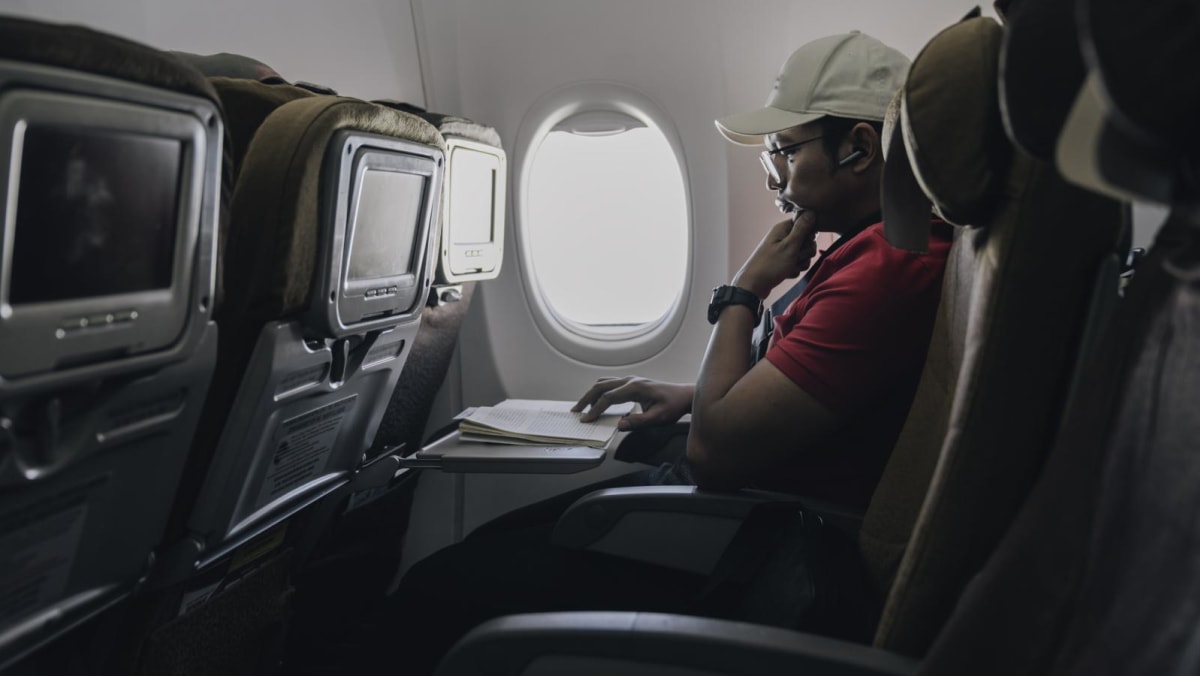HOW TO PREVENT AND COPE WITH GAS WHILE TRAVELLING
You can’t change the altitude or air pressure of your plane. But if flying makes you gassy and bloated, experts have suggestions for your next trip.
Watch what you eat. Starting the day before your departure, avoid foods that you know make you gassy, said Tamara Duker Freuman, a dietitian in New York City who specialises in digestive conditions. Common culprits include high FODMAP foods such as beans, onions, garlic, wheat, and certain nuts, dairy products and fruits.
On your travel day, continue to avoid these foods. Consider packing meals or snacks that sit well with you, Riehl added, so you aren’t at the mercy of what’s available in the airport.
Stay hydrated. “Hydration is key” for avoiding constipation, which can worsen gas and bloating, Moshiree said. Bring a refillable water bottle so that you can sip water throughout the day. And avoid alcohol the day before and the day of travel, since it can be dehydrating, she added.
Coffee has a bad reputation for being dehydrating, but there’s no evidence that it is – or that coffee increases bloating, Freuman said.
For some people, carbonated beverages can increase gas symptoms, Freuman said. But for others, seltzer may help them burp a bit and reduce gas buildup. “Know thyself,” she said, and choose your beverages accordingly.
Use medications and supplements as needed. You can consider taking an over-the-counter medication like Gas-X or Mylanta before your flight, Hershman said. Or try an enzyme supplement such as Beano or Fodzyme before eating, which may help reduce gas produced from digestion, she added.
Avoid gum. Chewing gum may ease ear discomfort while flying, but it can also cause you to swallow more air, Hershman said. If you’re concerned about bloating, try skipping the gum or limiting your chewing, she said.
Move your body. If you can, get up from your seat every hour or so, Freuman said. Try to find some space to reach toward your toes, or twist your midsection from side to side. These movements can help the gas spread out in your gut rather than pooling in one spot, she said.
Breathe deeply. If you’re stuck in your seat, diaphragmatic breathing may help reduce stress and relax your gut, Riehl said.
First, take a four-second inhale through your nose and feel your belly rising, she explained. Then, exhale for six seconds through your mouth and feel your belly fall.
“Let it go.” If gas is causing pain or discomfort, holding it in will make you feel worse, Riehl added. “It’s healthy to just let it out.”
Walk to the bathroom if you can. But if that’s not an option, let the engine noise be your cover and “just let it go,” she said.
“Trust me,” she said, “you’re not the only one farting on an airplane.”
By Alice Callahan © The New York Times Company
The article originally appeared in The New York Times.














